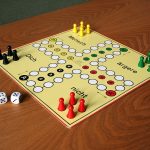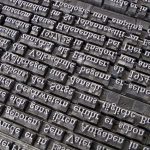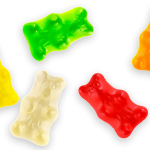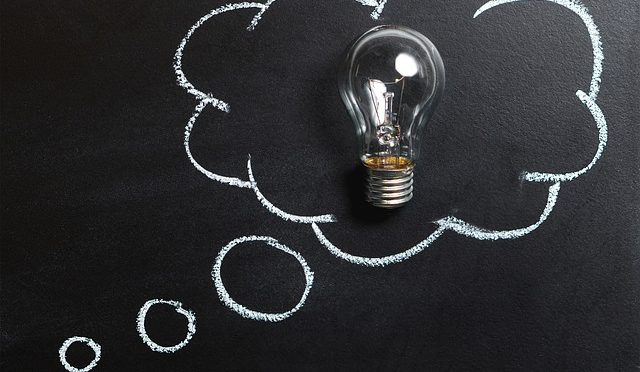The bellow list of German inventions is ideal for German classes. This topic is definitely going to intrigue the students. They will have 101 reason why you are wrong when you claim that Germans invented telephone, computer or beer. However, the students will still be able to improve their vocabulary with these words.
Here is the list of (some) German inventions:
der Teebeutel – teabag (Adolf Rambold, 1929)

die Glühbirne – light bulb (Heinrich Goebel, 1854)

“Mensch, ärgere dich nicht” (Josef Schmidt, 1907 / 08)

das Telefon (Philipp Reis, 1859)
die Zahnpasta – toothpaste (Ottomar H. von Mayenburg, 1907)

das Fernsehen – television (Manfred von Ardenne, 1930)

die Anti-Baby-Pille (Schering AG, 1961)
das Auto (Karl Benz, Gottlieb Daimler, 1886)
der Computer (Konrad Zuse, 1941)
die Chipkarte (Jürgen Dethloff, Helmut Gröttrup, 1969)
der Kühlschrank ohne FCKW – refrigerator (Firma Foron, 1993)

die Currywurst (Herta Heuwer, 1949)

das MP3-Format (Fraunhofer Institut, 1987)
das Bier – beer (Herzog Wilhelm IV, von Bayern, 1516)
der Buchdruck – letterpress (Johannes Gutenberg, 1440)

der Hubschrauber – helicopter (Heinrich Focke, 1936)
die Jeans (Lewi Strauss, 1873)
der Motorrad – motorcycle (Gottlieb Daimler, 1885)
der Plattenspieler – record player (Emil Berliner, 1887)

die Straßenbahn – tramway (Werner von Siemens, 1881)

die Thermosflasche (Reinhold Burger, 1903)

der Dieselmotor (Rudolf Diesel, 1890)
der Gummibär (Hans Riegel, 1922)

Source: Tatsachen über Deutschland (Societäts-Verlag, Frankfurt am Main, in Zusammenarbeit mit dem Auswärtigen Amt, Berlin)
For TEACHERS: If you have no idea how you could go through this topic with your students, click here: CREATE YOUR OWN EXERCISES.
There is a PDF file with detailed information in German provided by Partner fur Innovation and it can be downloaded here. A shorter version of this document can be found here.
When I was looking for the above document in the Internet, I stumbled upon a card game that can be useful here. The cards can be downloaded here.
There is also a quiz provided by Goethe Institute and you can access it here.





